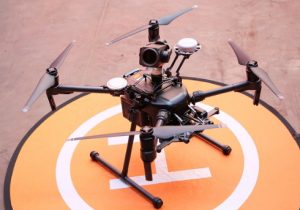
A crewman from the Liberian registered general cargo vessel, SMN Explorer, died when he was crushed by a falling hatch cover. The crewman was part of a working party stowing cargo slings used for the discharge of the ship’s cargo. The accident occurred when the crewman climbed up the inside of the open hatch cover after its locking pins had been removed.
The accident was the result of procedural inadequacies and a lapse of supervision. The investigation identified that the vessel’s safety management system was immature and the safety culture on board the vessel was weak. Risk assessments had not been conducted for routine tasks and a safe system of work had not been developed for opening and closing the forecastle (fo’c’s’le) stowage space hatch cover.
Safety issues
– the crewman walked under, and climbed up an unsecured hatch cover;
– the accident occurred because the Continue reading “Crush incident report involving a falling hatch cover on SMN Explorer published”










